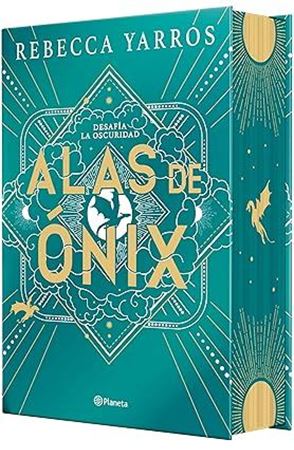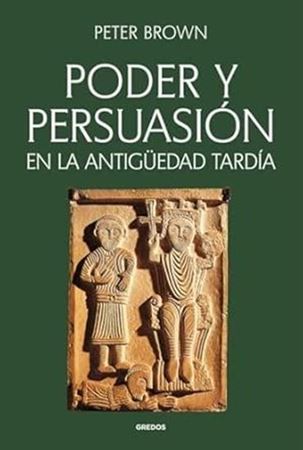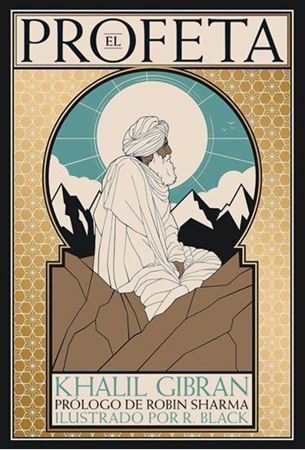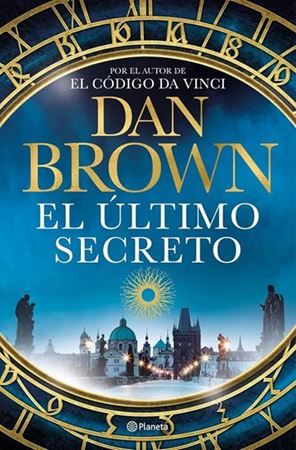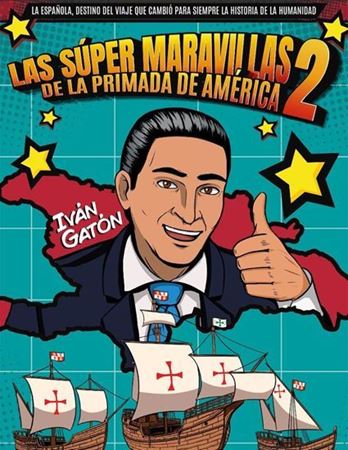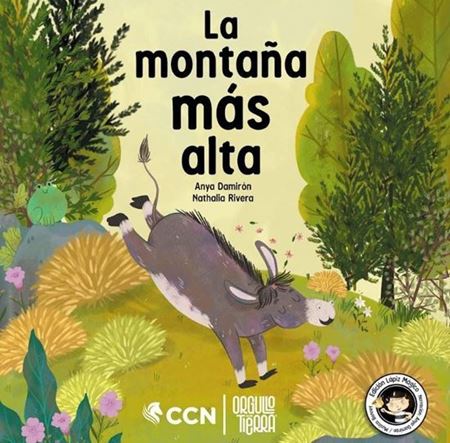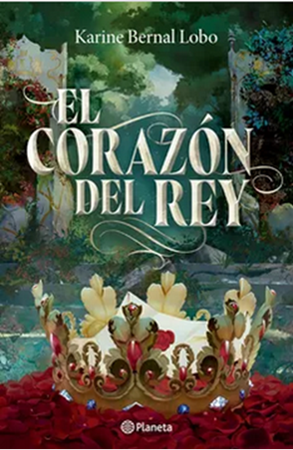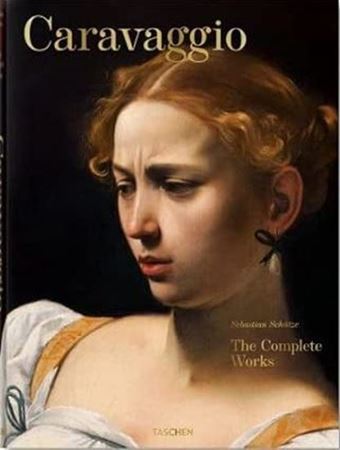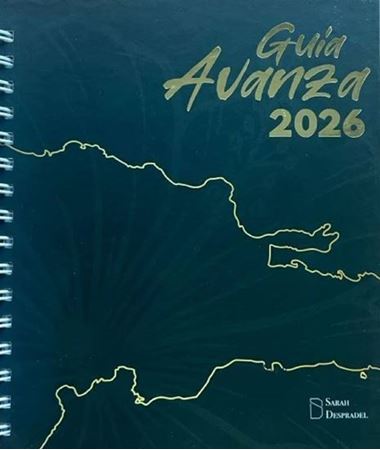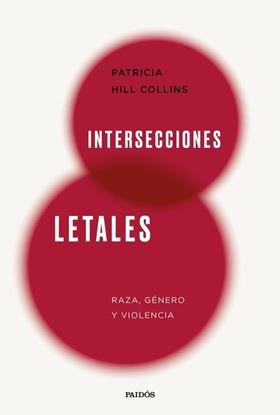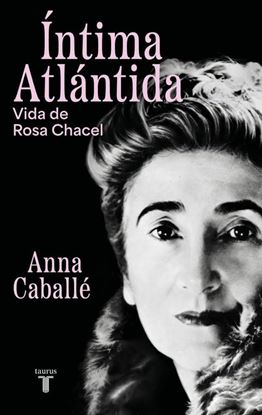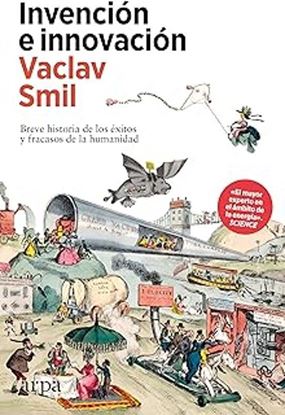

NOVEDADES
INTERNET PARA LA GENTE
Internet tiene dueños: empresas privadas con ánimo de lucro. La mayoría de buscadores aniquilan cualquier tipo de privacidad y algunas redes sociales se han convertido en altavoz de la propaganda de ultraderecha tan solo porque resulta rentable. Pero no siempre fue así. De hecho, para maximizar los beneficios, internet tuvo que rehacerse mediante un largo proceso de privatización que duró años y que convirtió una pequeña red de investigación en una gran potencia del capitalismo mundial.
Internet para la gente es la historia de la privatización que ha creado el internet que hoy conocemos y que dio pie a las crisis que hoy lo consumen. Pero también es una respuesta: propone su desprivatización y que quienes lo gobiernen sean las personas y no los beneficios. Reducir el espacio del mercado y del afán de lucro, abolir los jardines amurallados de los gigantes que dominan nuestras vidas digitales al tiempo que se desarrollan alternativas de propiedad pública y cooperativa que permitan un control democrático real. Si queremos construir un internet mejor, es preciso cambiar quién lo posee y cómo lo organiza. No con la intención de que los mercados funcionen mejor, sino de que tengan menos poder. No para crear una versión más competitiva o más reglamentada de la privatización, sino para revertirla de una vez por todas.
1,450
INTERSECCIONES LETALES
En su nuevo libro, la reconocida socióloga Patricia Hill Collins nos ofrece un análisis innovador sobre cómo la violencia afecta de manera desigual a las personas según su clase, sexualidad, nacionalidad o etnia. Estas dinámicas invisibles de relaciones de poder superpuestas generan lo que la autora denomina «intersecciones letales», puntos donde las múltiples formas de opresión convergen y catalizan en una serie de prácticas violentas que recaen con mayor dureza sobre determinados grupos minoritarios.
1,950
INTIMA ATLANTIDA
En la vida y en la obra de Rosa Chacel (1898-1994) el gran juego de las pasiones humanas adquirió una trascendencia singular que se impone pese a su expresión siempre elidida. Chacel, la maestra literaria de la elipsis. Autora de culto por novelas más elogiadas que leídas, creadora de relatos excepcionales, biógrafa de su propia infancia, casada con el pintor Timoteo Pérez Rubio, icono a pesar suyo del exilio republicano, mantuvo un pulso permanentemente conflictivo consigo misma.
Íntima Atlántida propone un esclarecedor recorrido por la vida de Chacel —un grito en la noche—, restituyéndose por primera vez aquello que mantuvo en secreto largo tiempo. Un continente demasiado sumergido en el desconocimiento y que ahora ve la luz. Esta biografía es un minucioso trabajo de encaje de citas, cartas, documentos, testimonios e investigación que han permitido dar cuenta de su evolución vital y de los fantasmas que la mantuvieron atada a su pasado.
1,650
INTIMIDADES DEL CHE
El Che es símbolo, mito y bandera, pero ¿qué diría si pudiera hablar hoy, con absoluta libertad, sin filtros ni consignas? Este libro reproduce una larga entrevista a Ernesto Guevara, el hombre, años después de su muerte. Marcos Aguinis construye un diálogo imposible y, al mismo tiempo, fascinantemente real: un reportaje apócrifo en el que el Che, con voz propia, trajina ideas, contradicciones y recuerdos relacionados con sus hazañas guerrilleras, pero también con sus orígenes, sus amores y las decisiones que definieron su vida.
1,550
INTRODUCCION A LA FILOSOFIA EN MANGA
En esta Introducción a la filosofía se tratan cuestiones centrales del pensamiento, tales como «¿qué es la filosofía?» o «¿qué significa pensar desde el punto de vista filosófico?». No hay en estas páginas una exposición simplificada de teorías famosas ni resúmenes o esquemas de los distintos sistemas filosóficos de la tradición. Ya se han publicado muchos cómics y manga de este tipo, que adaptan gráficamente las ideas de los grandes autores. Lo que nos encontramos, más bien, es un extenso recorrido en forma de diálogo en el que Masahiro Morioka acerca al lector atento apoyado en las ilustraciones manga de Nyancofu Terada a cuatro interrogantes fundamentales del quehacer intelectual: «¿qué es el tiempo?», «¿qué es la existencia?», «¿qué es el yo?» y «qué es la vida».
1,200
INVENCION E INNOVACION
La historia de los inventos e innovaciones que han moldeado nuestra civilización, desde las herramientas de piedra hasta la IA.
Vaclav Smil, uno de los pensadores más influyentes de nuestro tiempo, ofrece en este libro una narración rigurosa y sorprendentemente amena de la invención humana. Con su estilo característico, Smil explora la sutil diferencia entre invención e innovación, critica el mito del progreso tecnológico acelerado y demuestra que muchas de nuestras ideas sobre el futuro están infladas por un optimismo infundado.
Desde el zepelín hasta la fisión nuclear o el avión supersónico, pasando por inventos que terminaron generando graves daños ?como la gasolina con plomo o el pesticida DDT?, este recorrido revela no solo los grandes logros que han transformado la economía y la sociedad, sino también sus límites, sus errores y sus consecuencias imprevistas.
1,450

